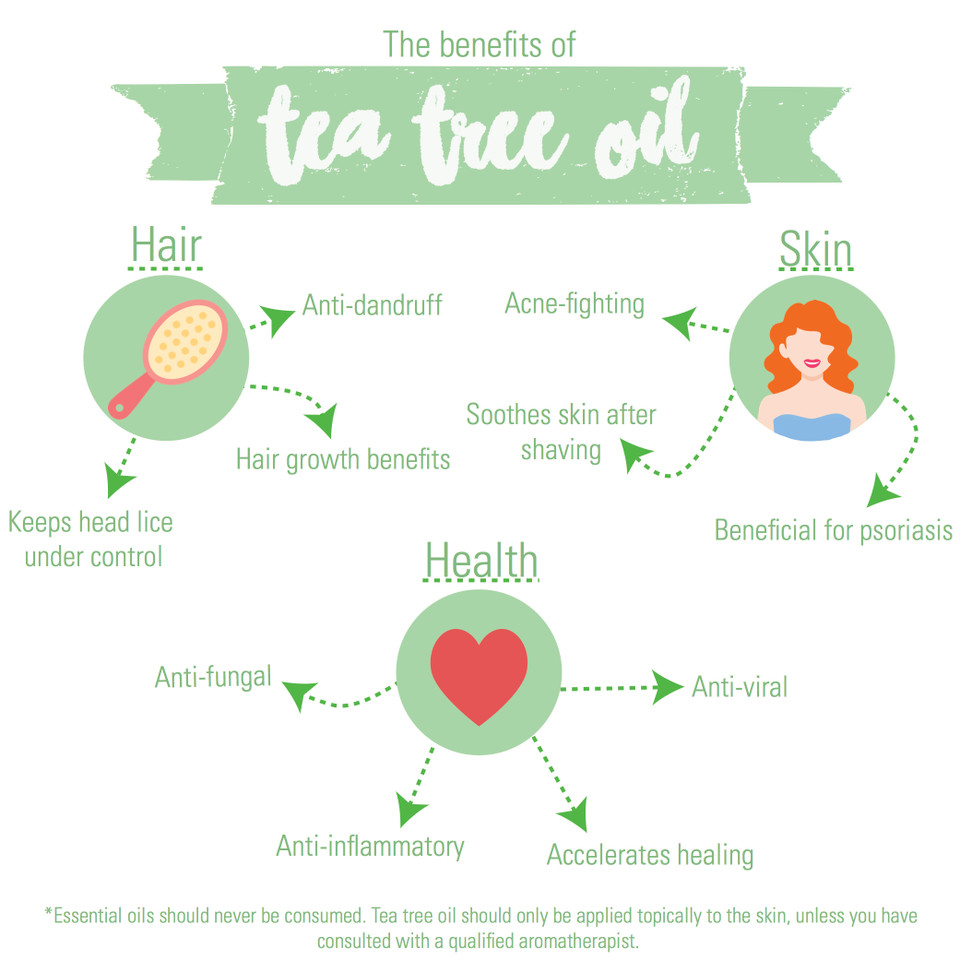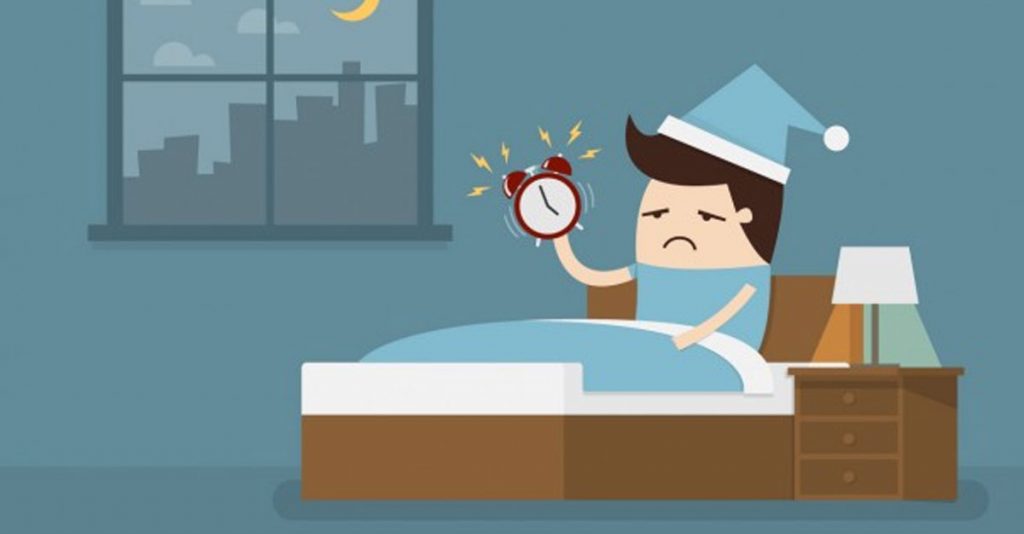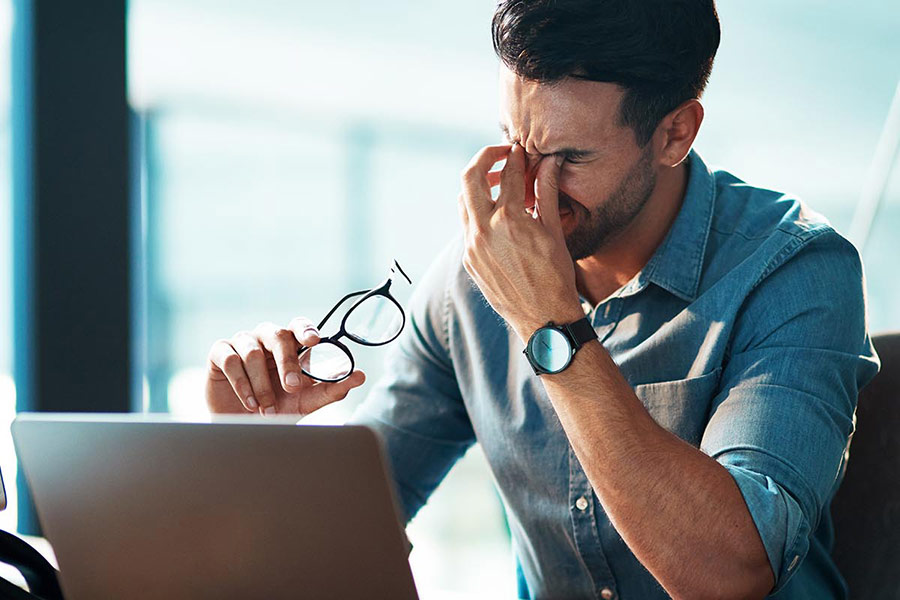Difficult events and experiences can leave us in low spirits or cause depression. It could be relationship problems, bereavement, sleep problems, stress at work, bullying, chronic illness, or pain. Sometimes it’s possible to feel down without there being an obvious reason.
What Is The Difference Between Low Mood and Depression?
A general low mood can include:
- Sadness
- Feeling anxious or panicky
- Worry
- Tiredness
- Low self esteem
- Frustration
- Anger
However, a low mood will tend to lift after a few days or weeks. Making some small changes in your life, like resolving a difficult situation, talking about your problems, or getting more sleep, can usually improve your mood.
A low mood that doesn’t go away can be a sign of depression. Symptoms of depression can include the following:
- Low mood lasting 2 weeks or more
- Not getting any enjoyment out of life
- Feeling hopeless
- Feeling tired or lacking energy
- Not being able to concentrate on everyday things like reading the paper or watching television
- Comfort eating or losing your appetite
- Sleeping more than usual or being unable to sleep
- Having suicidal thoughts or thoughts about harming yourself
Depression can also come on at specific points in your life, such as the winter months (seasonal affective disorder) and after the birth of a child (postnatal depression).
When To Get Help For Low Mood or Depression
Whatever the cause, if negative feelings don’t go away, are too much for you to cope with, or are stopping you from carrying on with your normal life, you may need to make some changes and get some extra support.
If you’re still feeling down after a couple of weeks, talk to your doctor. Your doctor can discuss your symptoms with you and make a diagnosis.
What Types of Help Are Available?
If you’re diagnosed with depression, your doctor will discuss all of the available treatment options with you, including self help, talking therapies, and antidepressants.
Self Help
Whether you have depression or just find yourself feeling down for a while, it could be worth trying some self help techniques.
Life changes, such as getting a regular good night’s sleep, eating a healthy diet, reducing your alcohol intake, and getting regular exercise, can help you feel more in control and more able to cope.
Self help techniques can include activities such as meditation, breathing exercises, and learning ways to think about problems differently. Tools such as self help books and online counseling can be very effective.
If your doctor has prescribed antidepressants, it’s important that you carry on taking them.
Talking Therapies
There are lots of different types of talking therapies available. To help you decide which one would suit you best, talk to your doctor about different types of talking therapies. In some areas, you can refer yourself directly to your local psychological therapies service.
Antidepressants
Antidepressants are commonly used to treat depression. There are several types available. If your doctor prescribes you antidepressants, they’ll discuss the different types and which one would suit you best. Learn more about antidepressants.
When To Seek Help Immediately
If you start to feel like your life isn’t worth living, or that you want to harm yourself, get help straight away. Either see your doctor or go to the Emergency Department.















